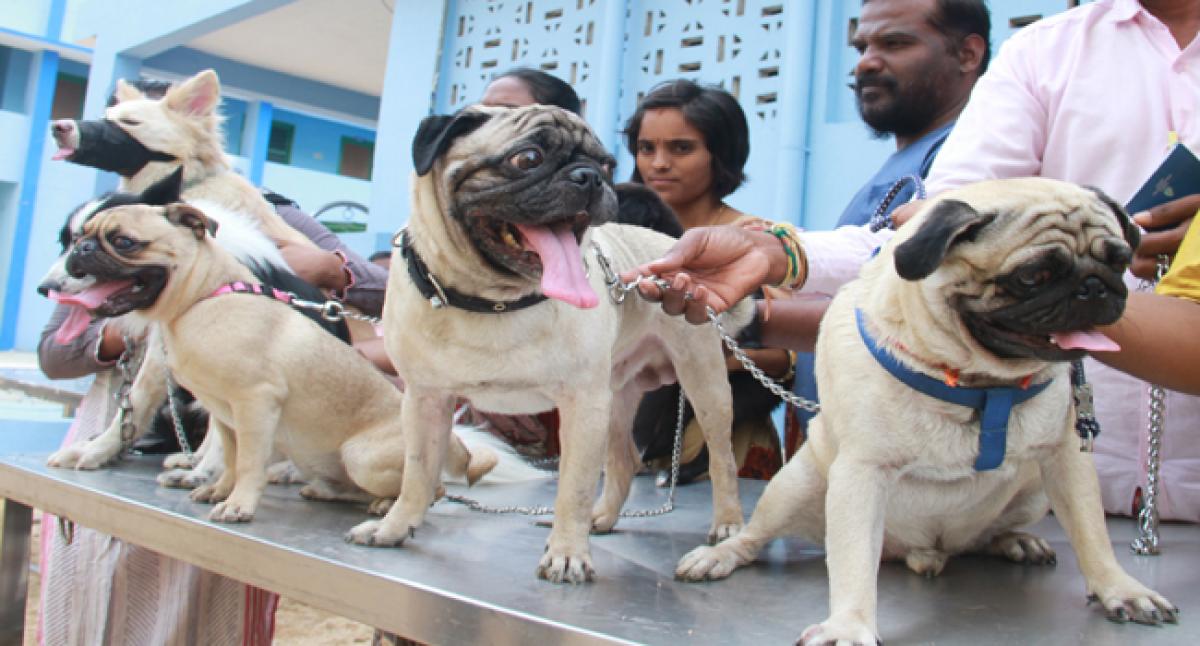Live
- Gold rates in Hyderabad surges, check the rates on 25 April 2024
- Gold rates in Delhi surges, check the rates on 25 April 2024
- Gold rates in Vijayawada surges, check the rates on 25 April 2024
- Gold rates in Visakhapatnam surges, check the rates on 25 April 2024
- YS Jagan arrives in Pulivendula, to address in public meeting and file nomination
- Alliance candidates set to sweep in Anakapalli, says Defence Minister Rajnath Singh
- All depts coordination meet held for Haj 2024
- Ex-RBI Guv launches book on his life journey
- Cyberabad police bust diesel smuggling gang
- Hyderabad: Workshop held on preventing wildlife crimes









